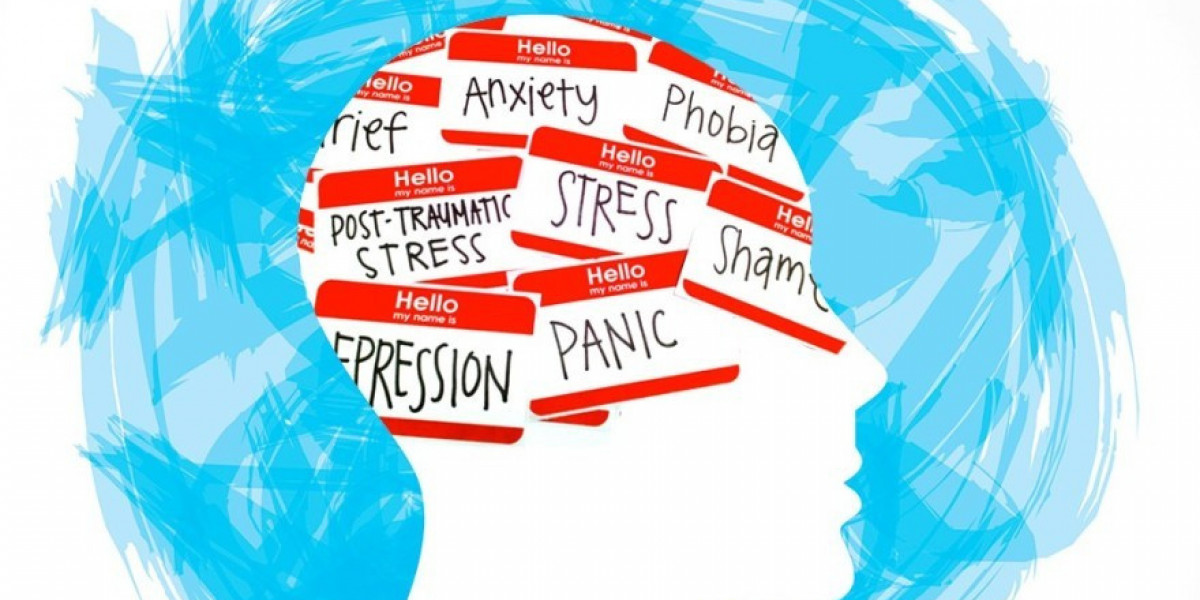The globalinfection control marketis projected to reach $58.3 billion by 2027, growing at a compound annual growth rate (CAGR) of 3.1% from 2022 to 2027, according to a new industry report. Rising incidence of hospital-acquired infections, growth in the healthcare industry, and increasing adoption of sterilization and disinfection products and services are key factors driving growth.
To know about the assumptions considered for the study,Request for Free Sample Report
Hospital-acquired infections (HAIs) remain a major concern worldwide, being a leading cause of morbidity and mortality. More than half of HAIs are associated with the use of medical devices such as catheters and ventilators. This is spurring demand for effective infection control measures in healthcare settings including sterilization of medical equipment and disinfection of surfaces.
The report identifies sterilization products and services as the largest segment of the infection control market. This includes equipment like autoclaves and ethylene oxide sterilizers, contract sterilization services, and consumables such as sterilization indicators. The move towards outsourcing sterilization by hospitals and pharmaceutical companies is expected to drive growth in contract sterilization services.
Protective barriers including medical nonwovens, face masks, and gloves represent another key segment. The COVID-19 pandemic led to skyrocketing demand for personal protective equipment (PPE) to minimize disease transmission. While PPE demand may normalize post-pandemic, the importance of protective barriers is now firmly established.
Hospitals and clinics are the dominant end user segment as HAIs primarily originate in healthcare settings. However, medical device companies are also major users of sterilization services and infection control products. Geographically, North America holds the largest market share, fueled by high healthcare spending, stringent regulations, and advanced facilities in the region.
Key players in infection control include Steris, Getinge, Ecolab, 3M, and Sotera Health. These companies are focused on new product development and mergers and acquisitions to expand their portfolio.
For instance, in 2021 Steris acquired Cantel Medical, a major provider of infection prevention products and services. The deal allowed Steris to diversify beyond sterilization into other areas of infection control including endoscope reprocessing.
The use of alternative sterilization technologies is an emerging trend in this market. For example, companies are developing low-temperature hydrogen peroxide sterilizers as an alternative to ethylene oxide, which faces environmental and health concerns. Automated UV disinfection devices are also gaining interest as a greener alternative to manual chemical disinfection.
To know about the assumptions considered for the study,download the pdf brochure
Overall, the global infection control market appears poised for steady growth driven by rising healthcare expenditure, focus on combating HAIs, and innovation by leading players. Stringent regulations and guidelines will also compel healthcare providers to adopt sterilization and disinfection best practices. However, the market faces restraints such as the environmental impact of certain chemicals and the high costs involved in maintaining rigorous infection control.
Going forward, companies need to develop newer disinfectants and sterilants with a better safety profile. Leveraging technologies like robotics and artificial intelligence to automate reprocessing workflows can also enhance quality and free up staff time. Patient education on infection prevention and antimicrobial stewardship will be equally crucial. Effective infection control ultimately requires a holistic approach spanning new technologies, best practices, and behavioral changes. With healthcare systems prioritizing patient safety like never before, the infection control market looks set to flourish.








